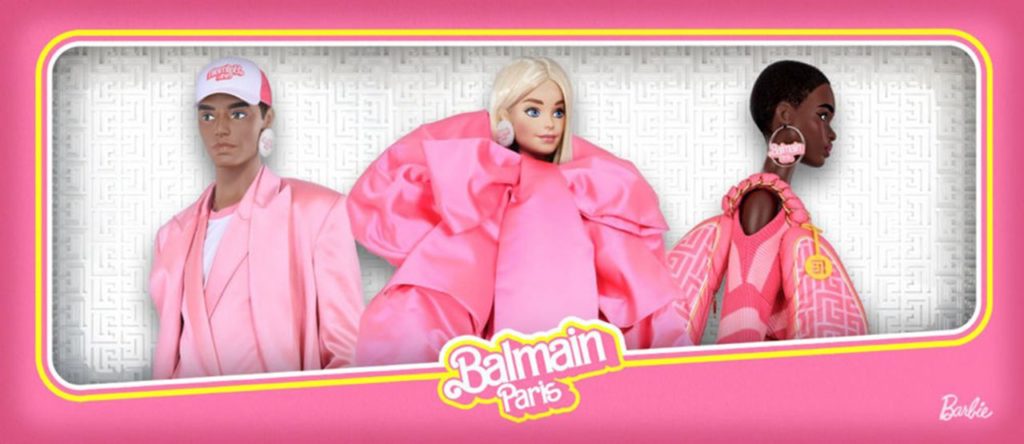
Charles R. Goulding and Preeti Sulibhavi look at Mattel’s use of NFTs and 3D printing.
Mattel, the leading toy company, has been expanding its media assets including movie making and Non-Fungible Tokens (NFTs).
Movie Making
Mattel is producing a new Barbie movie starring Margot Robbie as Barbie and Ryan Gosling as Ken. Other cast members include Simu Liu from Shang-Chi and the Legend of the Ten Rings and America Ferrera, who starred in The Sisterhood of the Traveling Pants movies. The movie will be directed by Greta Gerwig.
NFTs

For NFTs, Mattel is partnering with the leading Paris fashion house, Balmain. In our recent article “LVMH and 3D Printing in the Luxury Industry”, we explained how world-class luxury goods companies are using NFTs.
3D Printing
Toy design has been an important 3D printing activity for well over a decade. In our August 21, 2021 article, “Custom Designed Toy Projects Play Nice with 3D Printing”, we explained how 3D printing is used for custom toys and provided Mattel examples. Mattel has also recently regained the Disney Princess toy line, which is a major product category.
The toy industry is replete with 3D printing examples.
The Research & Development Tax Credit
The now permanent Research and Development (R&D) Tax Credit is available for companies developing new or improved products, processes and/or software.
3D printing can help boost a company’s R&D Tax Credits. Wages for technical employees creating, testing, and revising 3D printed prototypes can be included as a percentage of eligible time spent for the R&D Tax Credit. Similarly, when used as a method of improving a process, time spent integrating 3D printing hardware and software counts as an eligible activity. Lastly, when used for modeling and preproduction, the costs of filaments consumed during the development process may also be recovered.
Whether it is used for creating and testing prototypes or for final production, 3D printing is a great indicator that R&D Credit eligible activities are taking place. Companies implementing this technology at any point should consider taking advantage of R&D Tax Credits.
Conclusion
There are many reasons for the 3D printing industry to take notice of recent developments in the toy industry. Mattel is just one example of this and there will certainly be more.

